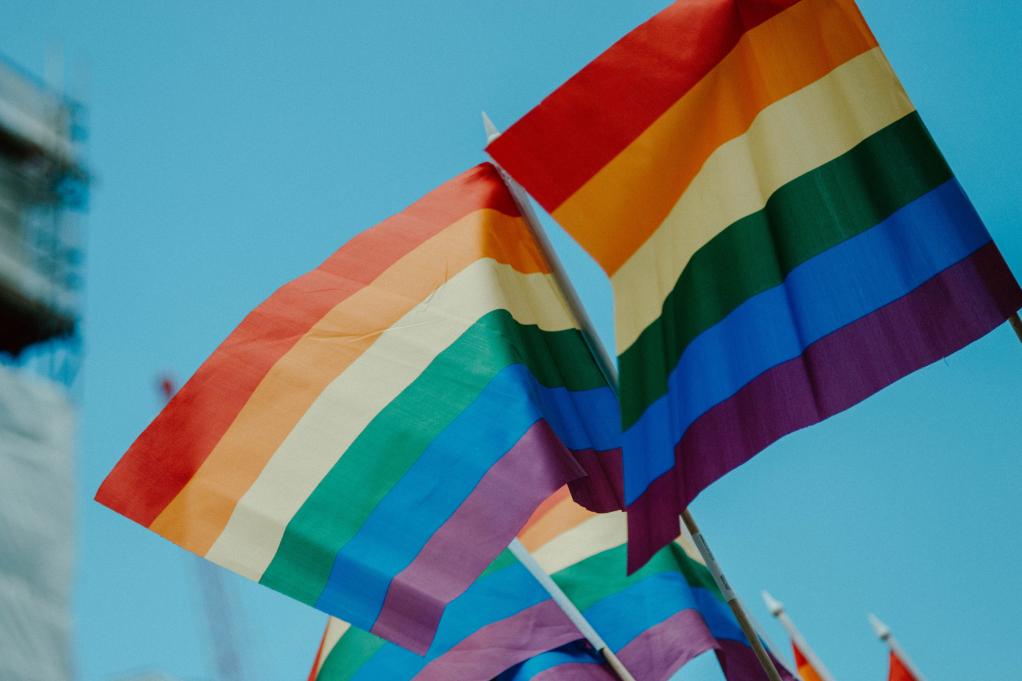
For most of the LGBTQ+ population, the term “coming out of the closet,” often shortened to “coming out,” bears some level of personal significance. Most of us have “coming out stories,” in which we recall sharing our gender identity or sexual orientation with the people closest to us. A lot of these memories tend to be charged with emotion, hopefully not negative ones. Relief is often at the top of the list because even if the people we choose to tell show nothing but acceptance, there is still the unburdening of what likely started as a kind of secret. The closet is, after all, a natural hiding place. This commonality means that coming out is a rather significant part of LGBTQ+ culture.
Except it doesn’t have to be. We don’t need coming out stories or the closet. Which sounds intuitive, but I don’t think the majority of us have realized it yet. I know I didn’t give it much thought until a friend of mine “came out” to me recently. By this, I mean that she dropped it so casually into the conversation, as a response to a comment I had made about dating women, that I spent a couple seconds wondering if she realized what she had implied. But she didn’t shy away from the topic, and I learned that her personal revelation had been anticlimactic, and she had managed to keep it that way as she brought it up with friends and family. It was a strikingly different discussion than when I had come out to her a couple years before, terrified and even shedding a tear or two. (Okay, I was bawling.) While I’d heard about all sorts of coming out stories that were less of a big deal than I hyped some of mine up to be, this was what hammered it home for me.
Coming out can be a big deal, but what if it just wasn’t, ever? Examples like my friend’s experience are increasingly common, but when people of the LGBTQ+ community don’t feel like they can just bring it up when the conversation swings that way, life outside of the closet looks pretty scary. I know that the dangers of being out are still a fact of life for many, but there shouldn’t be a reason why people privileged enough to have supportive family and friends are worrying over how to break the news. The process of identifying an aspect of yourself, putting a name to the feeling, and communicating it to the people who care, that shouldn’t be so stressful. Different gender identities and sexual orientations do not inherently demand a huge fuss, if we accept all of them as valid and normal. So while being supportive of the people who come out to us is great, maybe progress isn’t just about helping each other open that closet door and take a tentative step out. Maybe it’s about demolishing the closet.
I am well aware this idea is skipping at least a couple steps ahead even in the most accepting countries and more than that in others. I know there are places and situations where staying in the closet is necessary for safety. But when it is not, allies have a crucial duty to help level the playing field: to offer support with the knowledge that the work isn’t over with the end of homophobia and transphobia. Granted, we probably need to get rid of that first, but the end goal is a society free of heteronormativity and cisnormativity. (Meaning a society where heterosexuality and cisgenderism are not treated as more normal.) It’s not just about having the right response when a friend or family member comes out to you. I definitely don’t mean that we should respond indifferently when they come out, because in the world we have to work with, it’s good practice to respond in a way that reflects the importance they attach to the moment. But if you consider yourself a great ally, we could use some help with everything else, too.
Representation in fictional media is nowhere near overrated yet. The assumption that a male-presenting person and a female-presenting person walking together are a couple, as harmless as that seems, should be thrown out unless we’re ready to assume the same about any two people of similar age. The same goes for assumptions about another person’s dating life, and for goodness’ sake, that is especially true for a parent talking about their child’s future. The movement to share pronouns is never to be laughed at, even if you are cisgender and you think yours should be obvious.
No, we’re not talking about easy changes. Yes, we’ll all need to be cautious until we get the hang of it. These are the little problems that LGBTQ people are faced with, even without a discriminatory remark in sight. These are the details that make all the difference, because they keep people in the closet. So don’t hesitate to put your mouth where your rainbow flag is. Think about the cisnormative or heteronormative ideas you help perpetuate and chip away at the list. Don’t sweat the mistakes as long as you’re trying, because we’re all in the same boat, and we’ve got a long journey ahead. But trust us when we tell you: the people in the LGBTQ+ community notice and appreciate these efforts.
Support Young Creators Like This One!
VoiceBox is a platform built to help young creators thrive. We believe that sharing thoughtful, high-quality content deserves pay even if your audience isn’t 100,000 strong.
But here's the thing: while you enjoy free content, our young contributors from all over the world are fairly compensated for their work. To keep this up, we need your help.
Will you join our community of supporters?
Your donation, no matter the size, makes a real difference. It allows us to:
- Compensate young creators for their work
- Maintain a safe, ad-free environment
- Continue providing high-quality, free content, including research reports and insights into youth issues
- Highlight youth voices and unique perspectives from cultures around the world
Your generosity fuels our mission! By supporting VoiceBox, you are directly supporting young people and showing that you value what they have to say.





